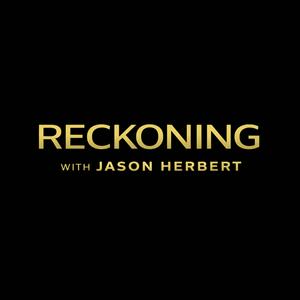In this episode of Reckoning, we speak with author and journalist Jack El-Hai about the new film Nuremberg and the deeper questions it raises about justice, memory, and moral responsibility.
Drawing on his book The Nazi and the Psychiatrist, El-Hai examines the relationship between Hermann Göring and Dr. Douglas Kelley during the Nuremberg Trials, and what it reveals about psychology, power, and the human impulse to explain evil. The conversation considers how early efforts to diagnose Nazism continue to shape the way we understand perpetrators—and the limits of that understanding.
This episode asks what it means to reckon with history honestly, without turning the past into either monsters or myths.
About our guest:
Jack El-Hai is an author and journalist whose work explores psychology, history, and the moral complexities of the twentieth century. He is the author of The Nazi and the Psychiatrist, which examines the psychological interrogation of Nazi leaders during the Nuremberg Trials and the uneasy questions those encounters raised about evil, responsibility, and human nature.
El-Hai’s writing has appeared in The New Yorker, The Atlantic, Smithsonian, and other publications, and he is known for bringing rigorous historical research together with narrative clarity and ethical depth.


